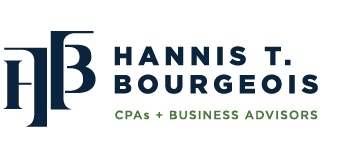Managing liability as a 401(k) plan sponsor
Offering a 401(k) plan to your team is a meaningful way to invest in their future financial security. However, it also comes with a host of legal and administrative obligations. As a plan sponsor, you’re responsible for complying with regulations designed to protect your employees’ retirement savings and ensure prudent management of their investments.
Misunderstood compensation definitions
Plan sponsors often miscalculate contributions due to unclear or incorrect definitions of compensation, such as excluding bonuses or overtime from eligible earnings.
Work with payroll and HR teams to clarify how compensation is defined in your plan documents and ensure systems are aligned to calculate contributions correctly. When necessary, consult experts to confirm compliance with IRS rules. Regular audits of payroll processes can help identify and address potential issues early.
Delayed contributions
Delays in depositing employee deferrals can result in penalties from the Department of Labor (DOL), including the requirement to compensate participants for lost earnings. Even minor delays can trigger scrutiny.
Synchronize your payroll systems with the plan’s records to ensure timely deposits of employee contributions. Set up automated processes wherever possible to minimize delays. Conduct regular checks to verify contributions are being deposited within the required timeframes.
Audits, compliance, and regulatory changes
Plans with more than 100 participants typically undergo an external audit each year, which scrutinizes financial reporting and compliance practices.
The participant count is now based on the number of participants with account balances rather than just those who are “eligible.” This change took effect for the 2024 plan year and is intended to reduce the burden on plans where many workers may be eligible to participate but don’t maintain an active balance.
Even if an audit is not mandated, performing occasional internal or external reviews can reveal issues such as improper fees or administrative oversights before they become major problems.
This article is for informational purposes only and should not be considered legal advice. HTB’s qualified professional team is available to assist you with any specific questions or concerns about your 401(k) plan. Contact us today.

